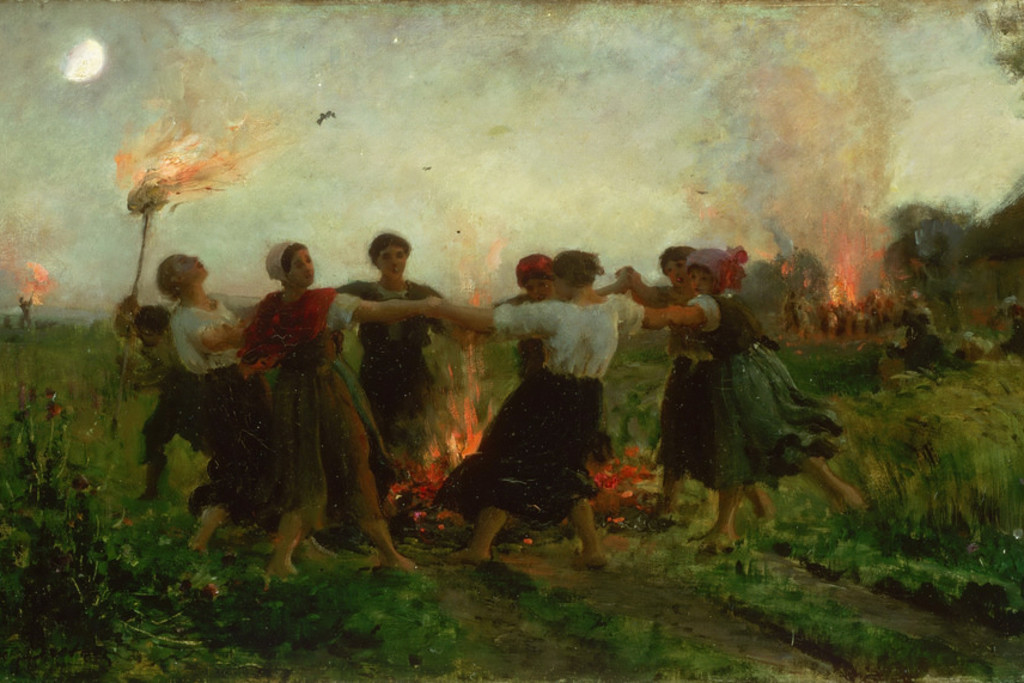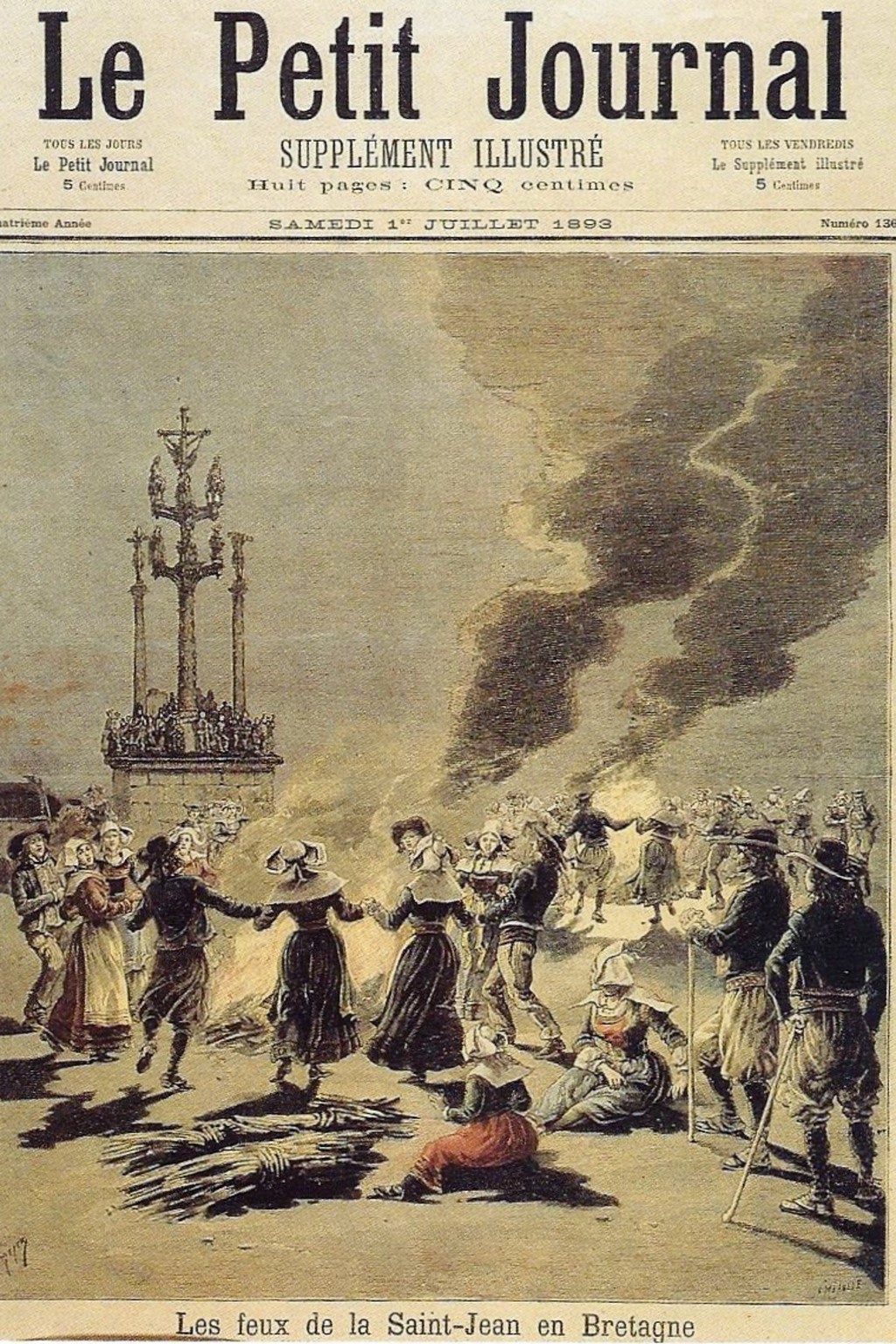
18 July 2023 | Culture
The feast of Saint-Jean, celebrate the summer solstice
The feast of Saint-Jean the Baptist, June 24, is originally a Christian holiday, traditionally accompanied by large bonfires. It celebrates the summer solstice, in connection with the worship of the sun. The solstice fires or pagan solstice fires were lit in the Middle Ages at the crossroads of paths, in the fields, to prevent witches and magicians from passing there during that night. For the Catholic and Orthodox churches, June 24 is the feast six months before Christmas, and the one that celebrates the Nativity of John the Baptist, cousin of Jesus Christ.
The origins of this festival
In Europe, the pre-Christian feast is a pastoral and agricultural feast, but also a feast of the conjugal union. The fires of Saint-Jean taken over by the Christians with the name of Saint-Jean.

In France, and other countries
The feast of Saint-Jean was in most parishes of France, the feast of youth with games and rites of passage, such as the election of the king or queen of Youth for the new year. This party was the peak of the summer and was strongly marked by music. It began with a mass, as well as a vigil with a big fire lit with the logs that the young people had gone to beg in each house and ended with a nocturnal ball.
Paris
In the Middle Ages, the fire of Saint John was lit by the King of France in person on the Place de Grève and lasted until 1648.
En Provence
At the top of Mont-Ventoux, on the evening of June 23, near the Sainte-Croix chapel, the population gathers. The morning or the day before, in Bédoin and the surrounding area, the "recampado" (meeting) takes place where everyone brings their fagot, or armful of broom. The ignition of the brazier at the top of Ventoux is seen from afar, and the villages of the surrounding plains wedge themselves on it to light their own. Formerly, in the fairs of Saint-Jean one could buy trumpets in terracotta in which one blew to make rise the wind.
Discover all the traditions in each region of France but also of the world for the fête of Saint-Jean.
In Spain, Belgium, Canada, Baltic, Slavic, Nordic countries, Italy, Venezuela... it is a tradition which is celebrated in several countries and which perpetuates.
